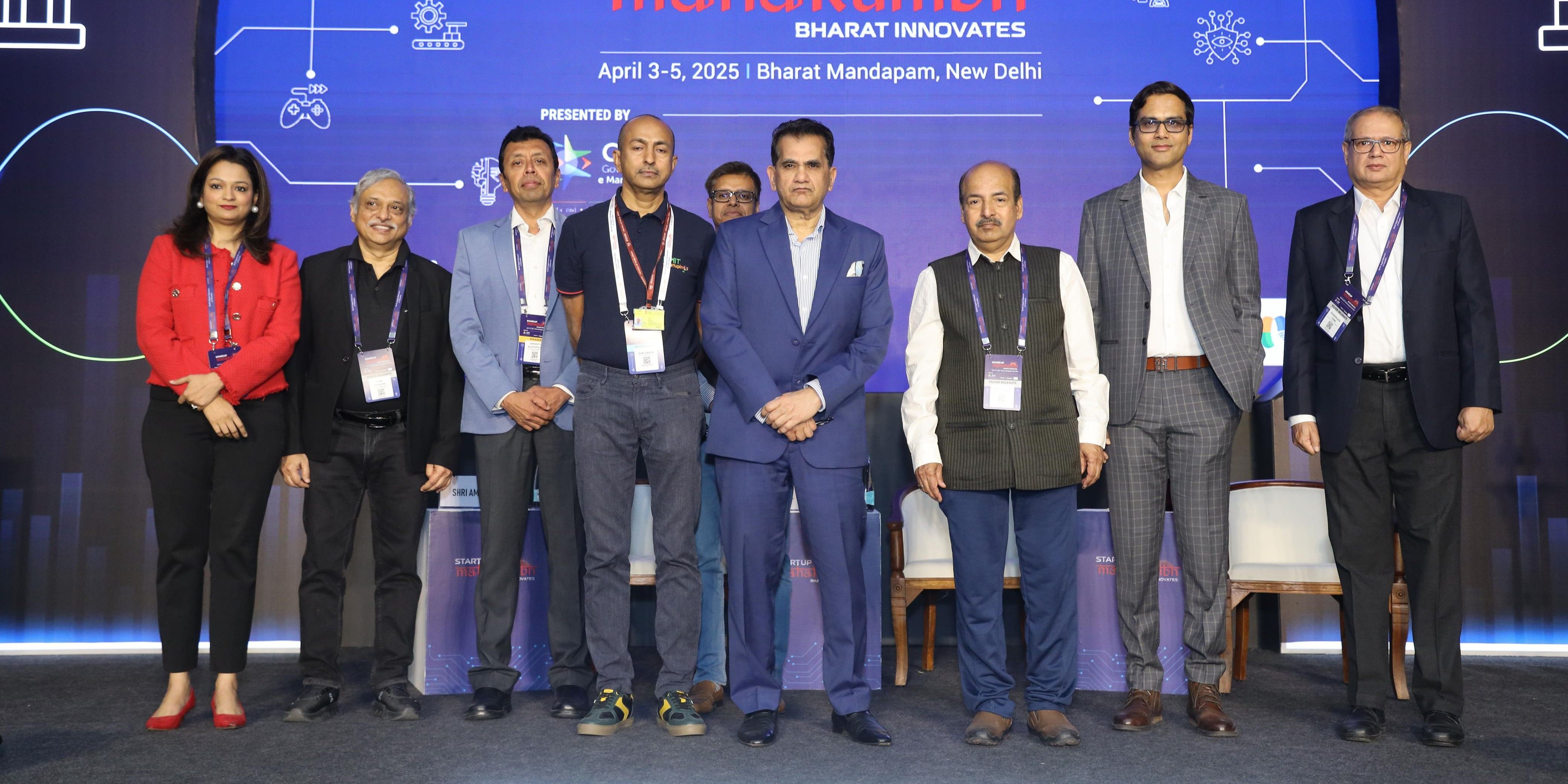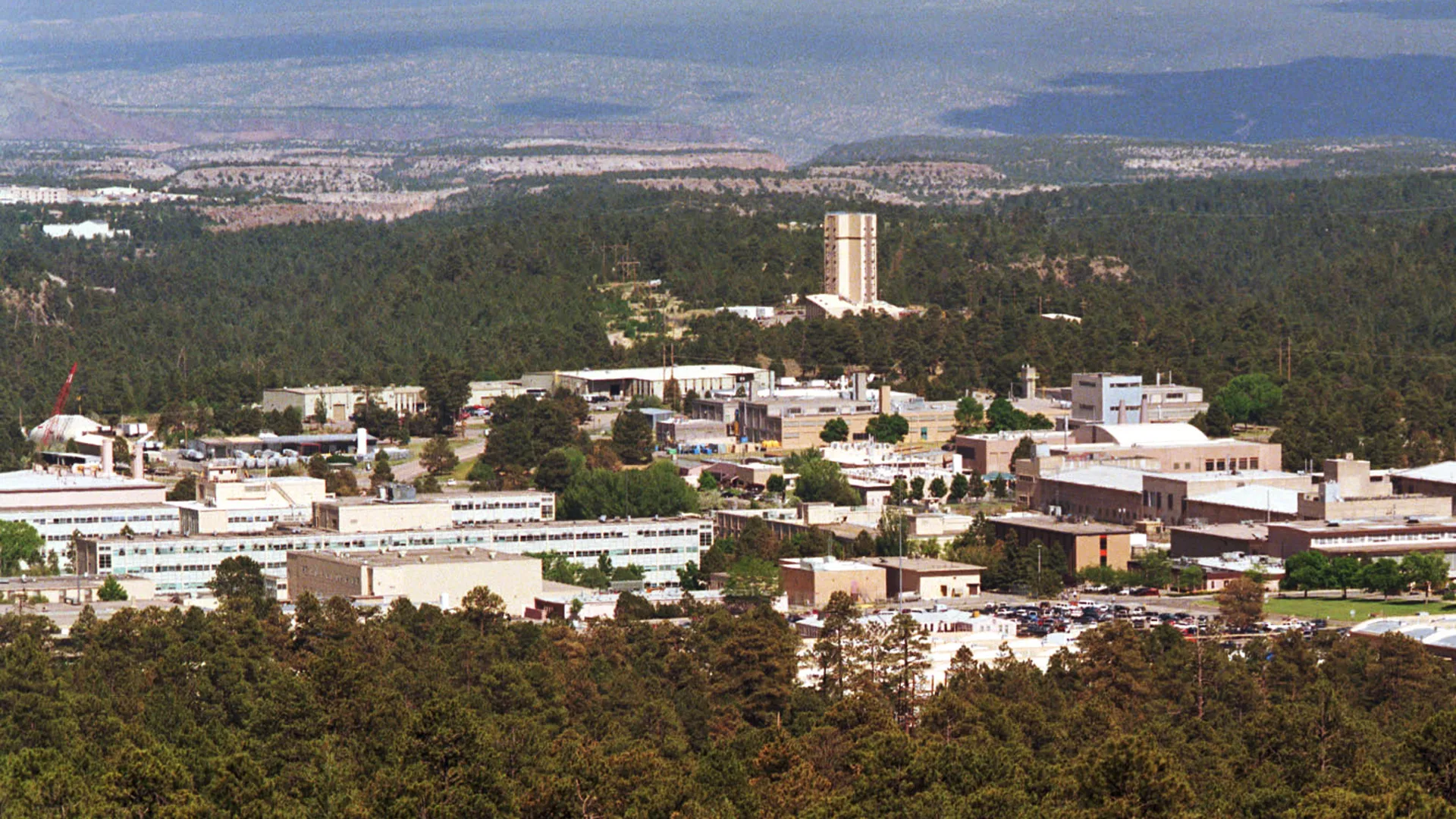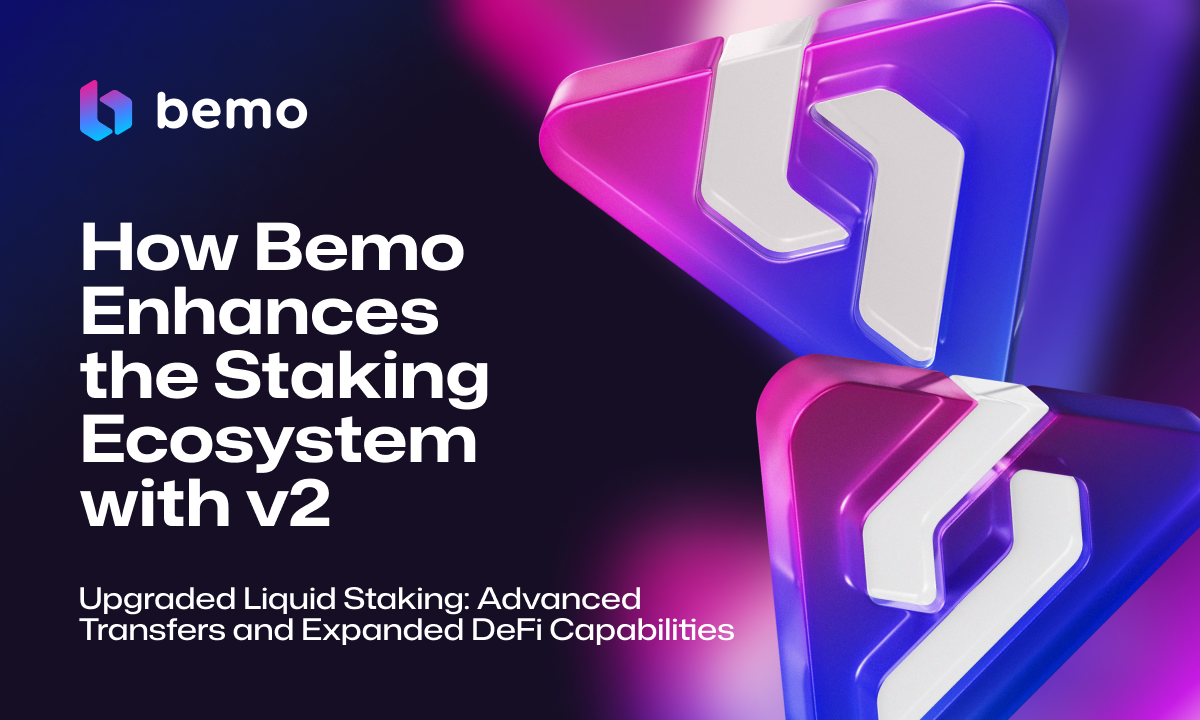Orchestrating Models: Machine Learning with Docker Compose
Docker Compose is a powerful tool for defining and managing multi-container Docker applications in a simple and efficient way. In this article, we will explore the basics of Docker Compose and how you can start using it to orchestrate your applications. What is Docker Compose? Docker Compose is a tool that allows you to define and run multi-container Docker applications using a YAML file to configure your application's services. Then, with a single command, you can create and run all the defined containers. This makes it easier to create and configure complex development and production environments where multiple services need to interact with each other. Optional Installing Docker Compose Before getting started, make sure you have Docker Compose installed on your machine. You can install it by following the official Docker instructions. If your OS is Mac, you can use the following command to install Docker Compose. Before running it, ensure that Docker Desktop is installed on your machine. $ brew install docker-compose Now, check the installed version: $ docker-compose --version Before testing Docker Compose with a Machine Learning project, let's clarify the difference between Docker Compose and Kubernetes. Docker Compose: What it does: Docker Compose is a tool that allows you to run multiple containers together. It is mainly designed for development and testing. It is ideal if you want to quickly spin up multiple services on your machine, such as a database, an API, and a web application, all running locally. How it works: You use a file called docker-compose.yml to define which containers you will use and how they connect to each other. For example, you can say: "I want to launch my application and connect it to a database." Compose will take care of that for you with a single command. Ideal for: Small or development projects where you don't need a very complex system and just want to test things quickly on your machine. Kubernetes: What it does: Kubernetes is much larger and more powerful than Docker Compose. Not only does it help you launch containers, but it also helps manage applications in production, on real servers, efficiently and at scale. How it works: Kubernetes ensures that your application is always running, has enough resources, and can handle many users. If one of your containers fails, Kubernetes automatically replaces it. It can also scale (increase or decrease the number of containers) based on what your application needs at any moment. Ideal for: Large-scale production applications that need to be always available and handle heavy traffic. Big companies or projects expecting significant growth often use Kubernetes. In summary: Docker Compose is for launching and managing multiple containers quickly on your local machine, ideal for development or testing. Kubernetes is for managing large-scale applications in production, where you need more control, stability, and scalability. Compose is like a small engine that helps you work on your project. Kubernetes is like a massive system that keeps your application running smoothly, even with many users and high traffic. Now, let's get to the real deal.
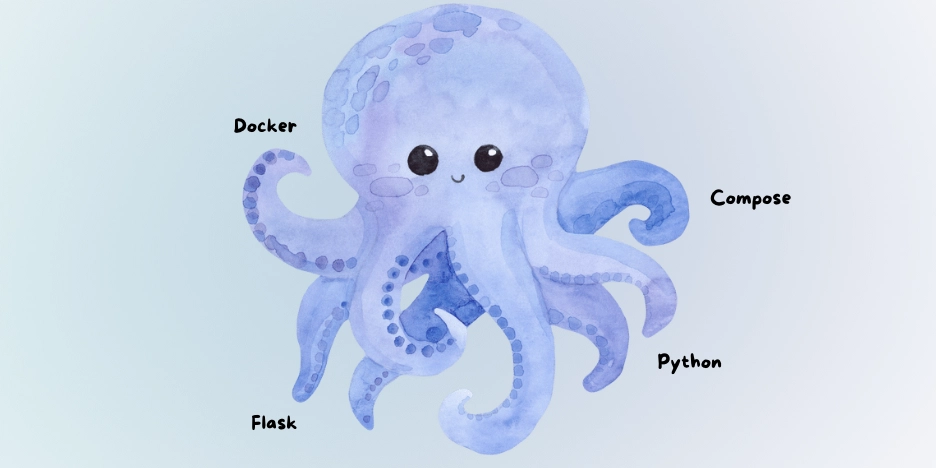
Docker Compose is a powerful tool for defining and managing multi-container Docker applications in a simple and efficient way. In this article, we will explore the basics of Docker Compose and how you can start using it to orchestrate your applications.
What is Docker Compose?
Docker Compose is a tool that allows you to define and run multi-container Docker applications using a YAML file to configure your application's services. Then, with a single command, you can create and run all the defined containers. This makes it easier to create and configure complex development and production environments where multiple services need to interact with each other.
Optional
Installing Docker Compose
Before getting started, make sure you have Docker Compose installed on your machine. You can install it by following the official Docker instructions.
If your OS is Mac, you can use the following command to install Docker Compose. Before running it, ensure that Docker Desktop is installed on your machine.
$ brew install docker-compose
Now, check the installed version:
$ docker-compose --version
Before testing Docker Compose with a Machine Learning project, let's clarify the difference between Docker Compose and Kubernetes.
Docker Compose:
What it does: Docker Compose is a tool that allows you to run multiple containers together. It is mainly designed for development and testing. It is ideal if you want to quickly spin up multiple services on your machine, such as a database, an API, and a web application, all running locally.
How it works: You use a file called docker-compose.yml to define which containers you will use and how they connect to each other. For example, you can say: "I want to launch my application and connect it to a database." Compose will take care of that for you with a single command.
Ideal for: Small or development projects where you don't need a very complex system and just want to test things quickly on your machine.
Kubernetes:
What it does: Kubernetes is much larger and more powerful than Docker Compose. Not only does it help you launch containers, but it also helps manage applications in production, on real servers, efficiently and at scale.
How it works: Kubernetes ensures that your application is always running, has enough resources, and can handle many users. If one of your containers fails, Kubernetes automatically replaces it. It can also scale (increase or decrease the number of containers) based on what your application needs at any moment.
Ideal for: Large-scale production applications that need to be always available and handle heavy traffic. Big companies or projects expecting significant growth often use Kubernetes.
In summary:
Docker Compose is for launching and managing multiple containers quickly on your local machine, ideal for development or testing.
Kubernetes is for managing large-scale applications in production, where you need more control, stability, and scalability.
Compose is like a small engine that helps you work on your project. Kubernetes is like a massive system that keeps your application running smoothly, even with many users and high traffic.
Now, let's get to the real deal.










































































































































































![[The AI Show Episode 142]: ChatGPT’s New Image Generator, Studio Ghibli Craze and Backlash, Gemini 2.5, OpenAI Academy, 4o Updates, Vibe Marketing & xAI Acquires X](https://www.marketingaiinstitute.com/hubfs/ep%20142%20cover.png)
















































































































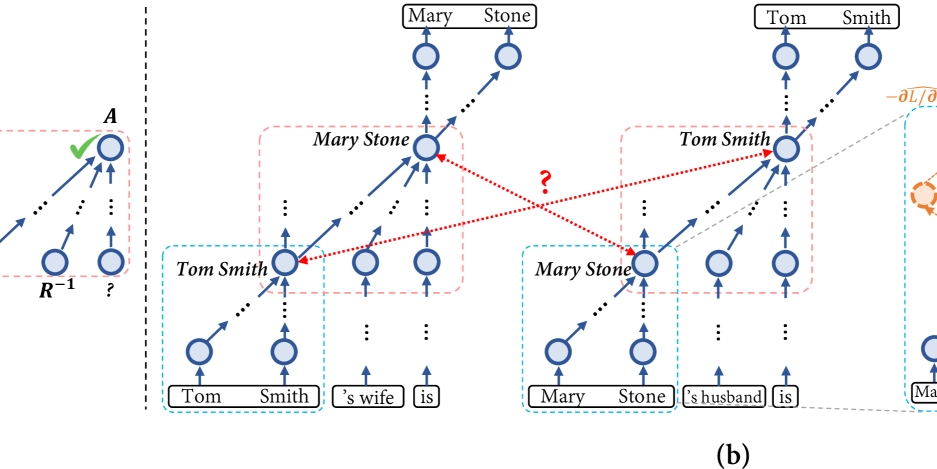

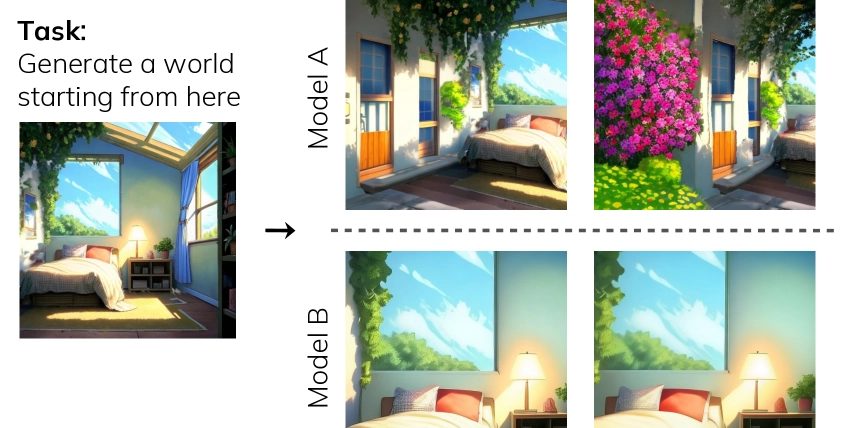












































































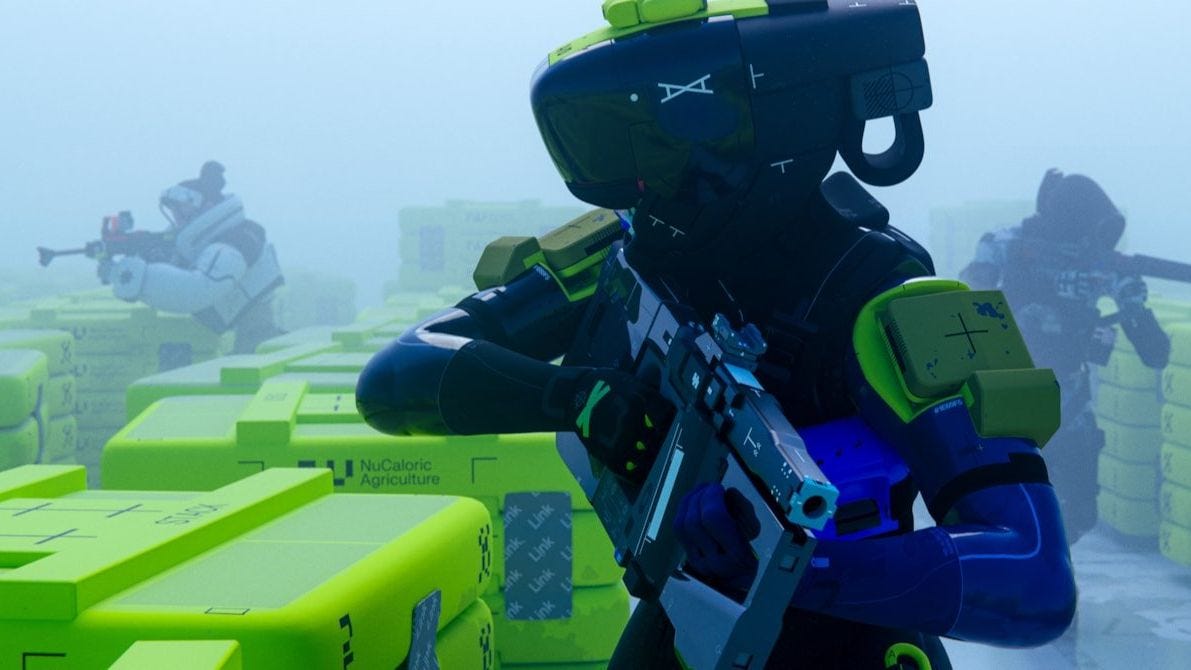














































.jpg?#)











































































































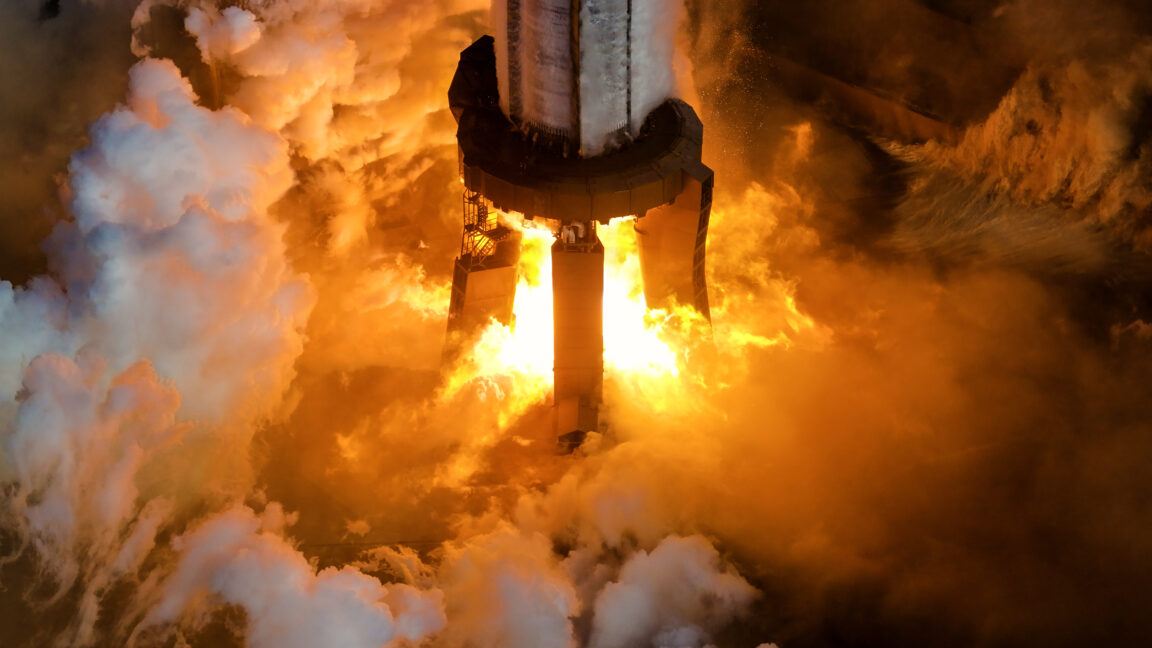





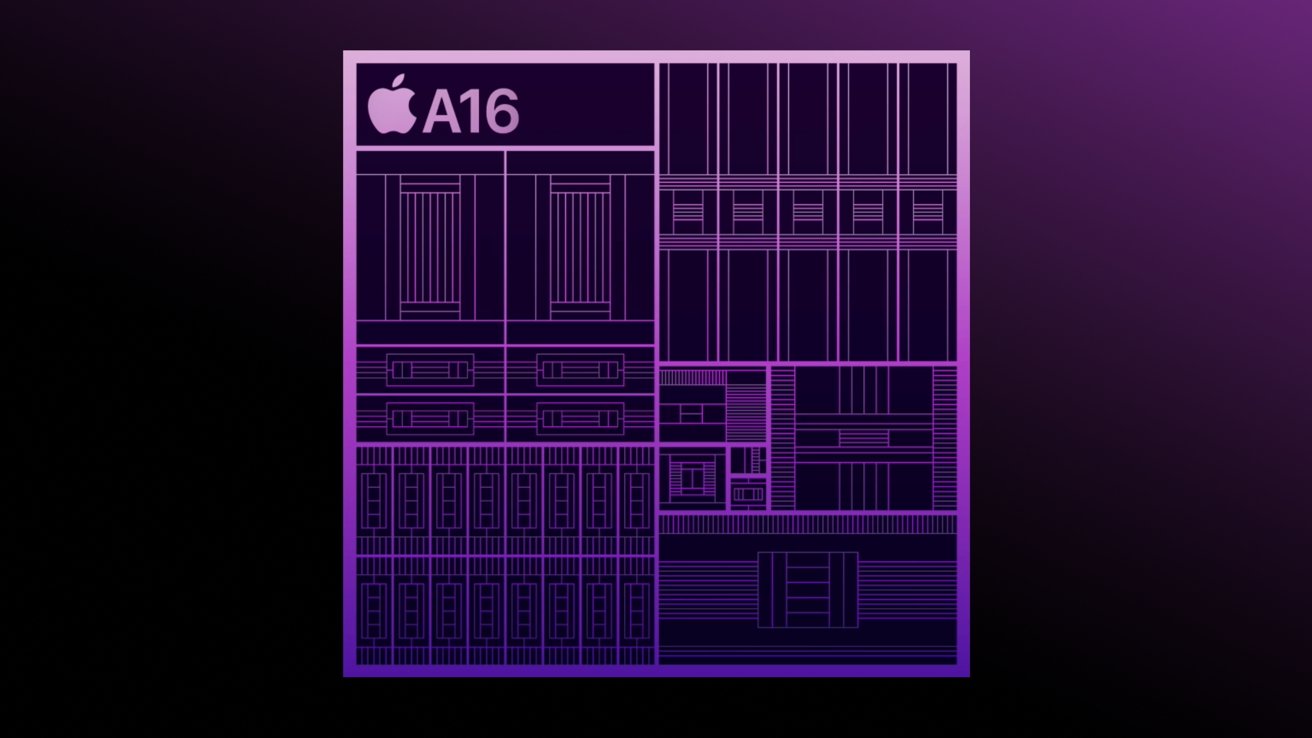





























![YouTube Announces New Creation Tools for Shorts [Video]](https://www.iclarified.com/images/news/96923/96923/96923-640.jpg)

![Apple Faces New Tariffs but Has Options to Soften the Blow [Kuo]](https://www.iclarified.com/images/news/96921/96921/96921-640.jpg)


































































